Vote counting have started following state elections in Nigeria, three weeks after the ruling party won a presidential poll that the opposition said was marred by fraud.
The performance of the Independent National Electoral Commission “has improved considerably compared to the February 25 presidential elections, but violence has been much more intense across the country,” Idayat Hassan, head of the Center for Democracy and Development, Nigeria’s largest democracy-focused group, said on Saturday following the vote.
Millions of Nigerians voted on Saturday to elect new governors for 28 of Nigeria’s 36 states.
The political opposition continues to reject the victory of President-elect Bola Tinubu, who belongs to the ruling All Progressives Congress party.
The observer group YIAGA Africa said it found several instances in which voters were intimidated and prevented from voting unless they agreed to cast their ballots for certain political parties.
Among the places it listed was Lagos state, where the president-elect’s party is seeking to retain the governor’s office. The All Progressives Congress lost the state in last month’s presidential and legislative elections.
“Security agencies should respond promptly to reports of voter intimidation and attack at polling units to accord citizens the opportunity to exercise their constitutional rights to vote,” Samson Itodo, executive director of YIAGA Africa, said in a statement.
Allegations of vote-buying were also rampant.
In Enugu, voters were intimidated and lured with as little as 200 nairas ($0.43), according to Chidimma Igwe, who voted in the state.
“They (party representatives) will follow you right into the ballot box to see who you voted for. If you vote for PDP (one of the political parties), they will give you 200 naira,” Igwe said.
Many Nigerians are struggling to survive in the aftermath of an ongoing currency swap programme that created a cash shortage.
In Delta state, a group of suspected men disrupted the voting in Ughelli and damaged some election materials, according to resident Apkozie Emmanuel.
“Even the police were overwhelmed; they just stood aside,” Emmanuel said.
A record 87.2 million people were registered to vote in the election, but observers reported a low turnout on Saturday, perhaps even lower than in the February elections.
The 26.7 percent voter participation last month was the lowest in Nigerian history.
Although Nigeria is Africa’s largest economy and one of its top oil producers, endemic corruption and poor governance have stifled the country’s development.
The Nigerian Constitution grants enormous powers to state governors, who are immune from prosecution while in office.
READ MORE: Nigerians vote in high-stake governorship polls with Lagos in focus


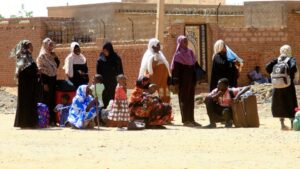
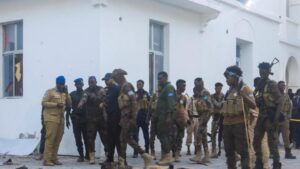
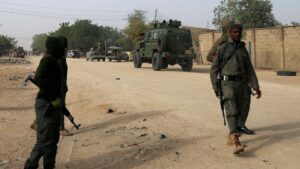

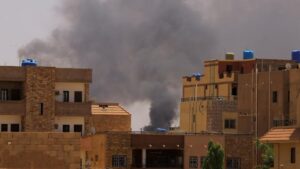
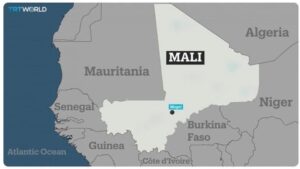
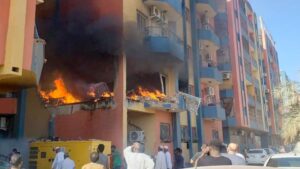
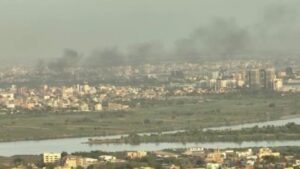
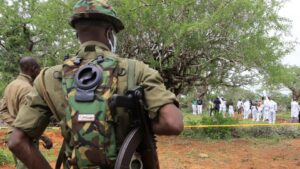
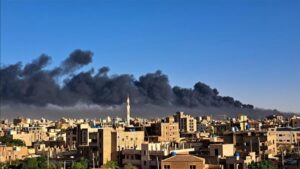
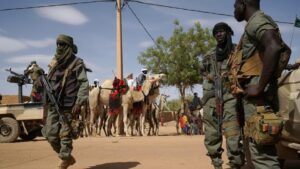

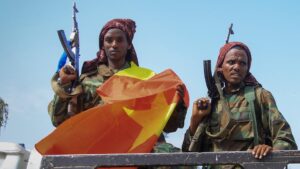


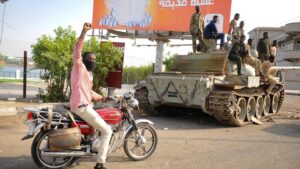
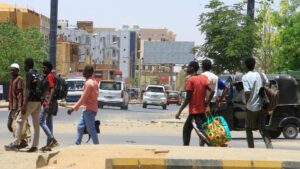
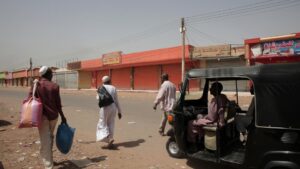
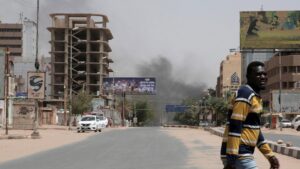
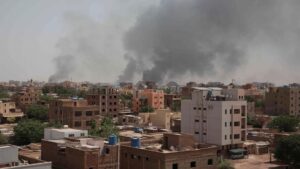
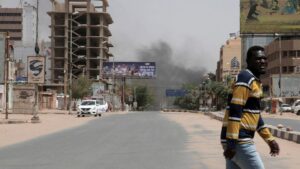
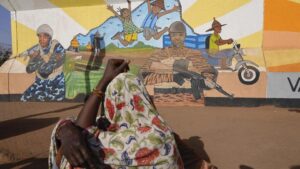
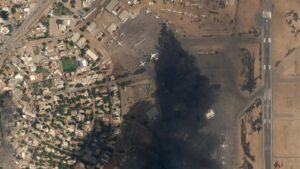
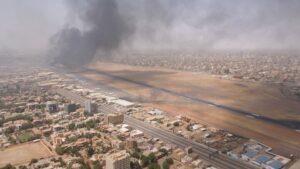
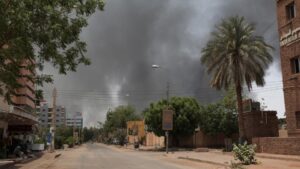

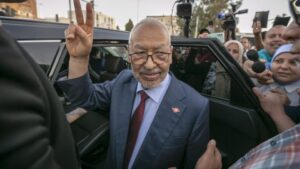
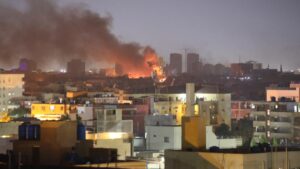

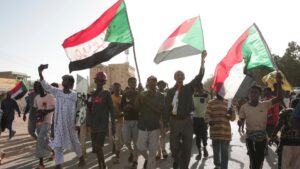
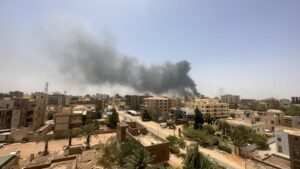
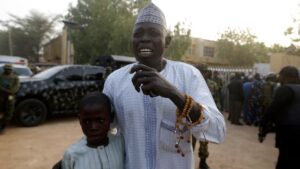


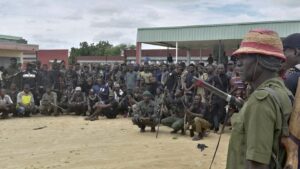







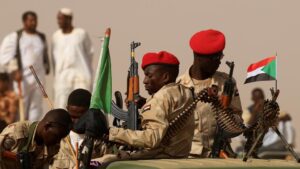
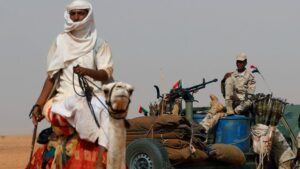
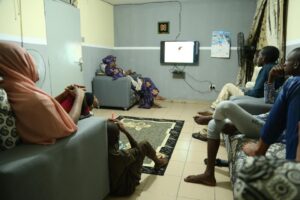

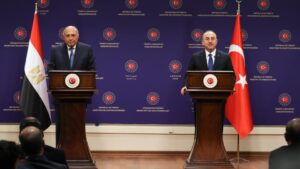
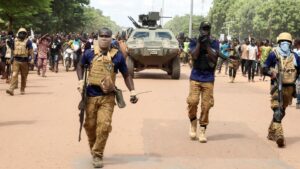
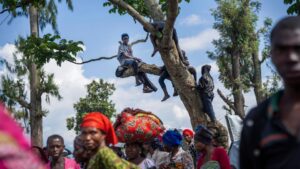
Be First to Comment